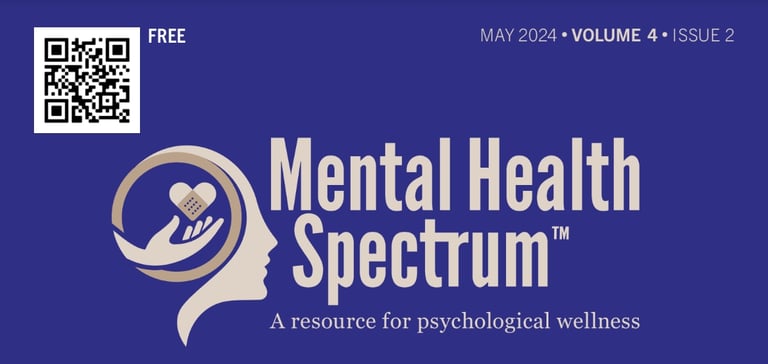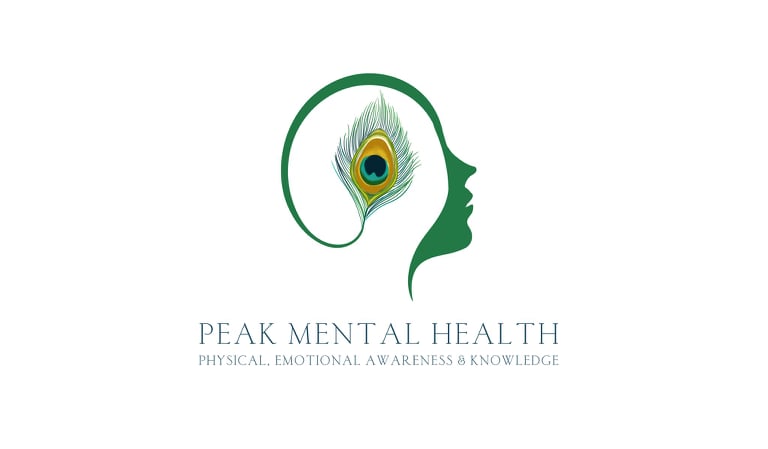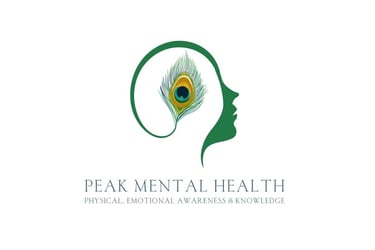Welcome to PEAK Mental Health


Tools and Handouts for YOU
Access local resources, support, and crisis help in Nevada
How to access support
Are you in mental health crisis?
Calling 988 for mental health emergency.
911 for any emergency
Suicide prevention 1-800-273-8255 or chat Suicidepreventionlifeline.org/chat
Nami warmline 775-241-4212 Nami.org *find your local chapter!
Do you have a kiddo in need?
Mobile Crisis response 702-486-7865 www.knowcrisis.com
Girls & Boys Town National Hotline (800) 448-3000
National Youth Crisis Hotline (800) 442-HOPE (4673)
Boys town Nv 702-642-7070 www.boystown.org
Education support Nevada PEP 702-388-8899 nvpep.org
Parenting classes : www.clarkcountynv.gov/residents/family_services/parenting_classes.php
Looking for drug or alcohol support?
https://forrecovery.org/group-support-and-meetings/
Various addiction treatment centers contact your insurance for a list or visit www.psychologytoday.com/us/treatment-rehab
Need a therapist?
These include Licensed Professional Counselors, Licensed Marriage and Family Therapists, and Licensed Clinical Social Workers providing mental health services. Therapists require master’s degrees and the approval of their licensing boards to practice in the mental health field. Therapists provide mental health diagnoses and develop a treatment plan and various different modalities to talk therapy.
Psychologists, psychiatrists, and therapists aren’t the same, but they often work together closely to help diagnose and treat mental disorders.
Ways to access a professional:
Contact your insurance to get a list in your network
Understanding the Differences Between Mental Health Professionals
Navigating the mental health field can be confusing with the various types of professionals available. Here’s a guide to help you understand the differences and choose the right support for your needs:
Need a Psychiatrist?
Psychiatrists are medical doctors specialized in diagnosing and treating mental health disorders, focusing on chemical imbalances in the brain and their physical effects. They complete extensive training, including medical school and a psychiatry residency, and can prescribe medication. While they provide some counseling, they often refer patients to psychologists or therapists for more comprehensive therapy.
Need a Psychologist?
Psychologists study behavior and mental processes, helping individuals understand and manage mental health issues through psychotherapy. They treat a range of conditions, including mental disorders and learning disabilities, in various settings like individual or group therapy. Unlike psychiatrists, psychologists are not medical doctors and do not prescribe medications.
Need a Neuropsychologist?
Neuroscientists explore the brain and nervous system to enhance our understanding and treatment of neurological conditions like Alzheimer’s, autism, and depression. Their work not only helps in developing better diagnostic tools and therapies but also deepens our overall knowledge of brain functions and human behavior.
Additional local resources
www.nevada211.org or dial 211 committed to helping Nevadans connect with the services they need.
Active Duty and first responders:
Desert parkway behavioral health care 702-776-3500 talk to intake about admission they also have a military unit / first responders.
LVMPD The Employee Assistance Program (PEAP) (702) 828-3357 http://www.safecallnow.org/
Text BLUE (Law Enforcement) or HOME (ANYONE) to 741741 for Confidential Crisis support 24/7
Veteran's Crisis- 1-800-273-8255 PRESS #1 or text 838255 (Veterans Only)
TIP of Southern Nevada 702-229-0426 https://www.tipoflasvegas.org/
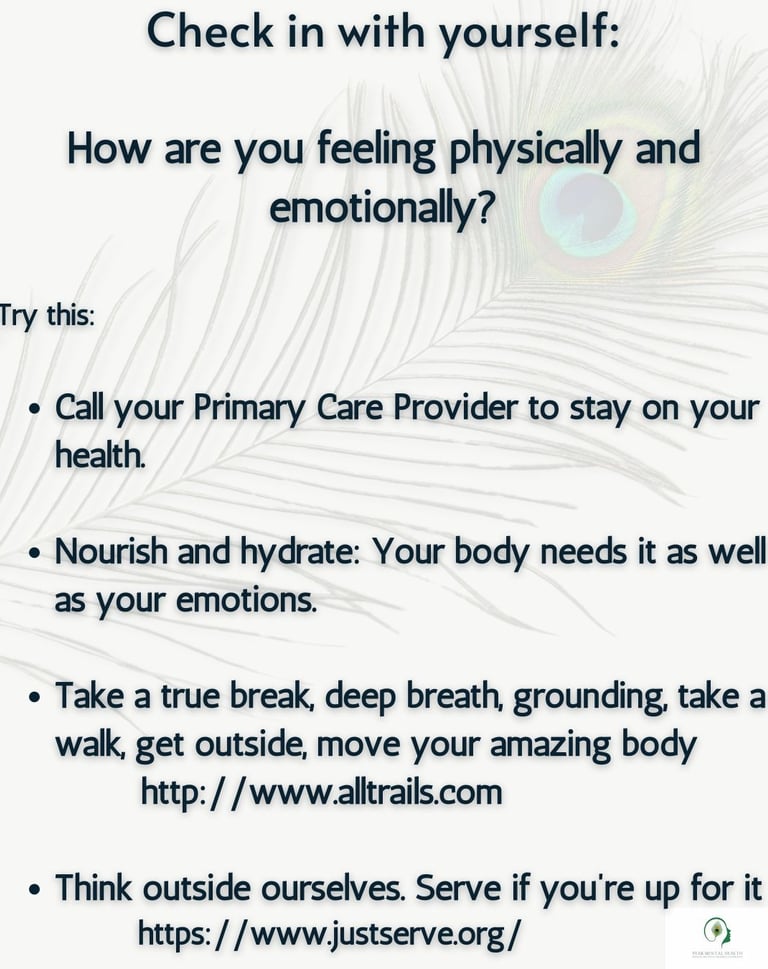

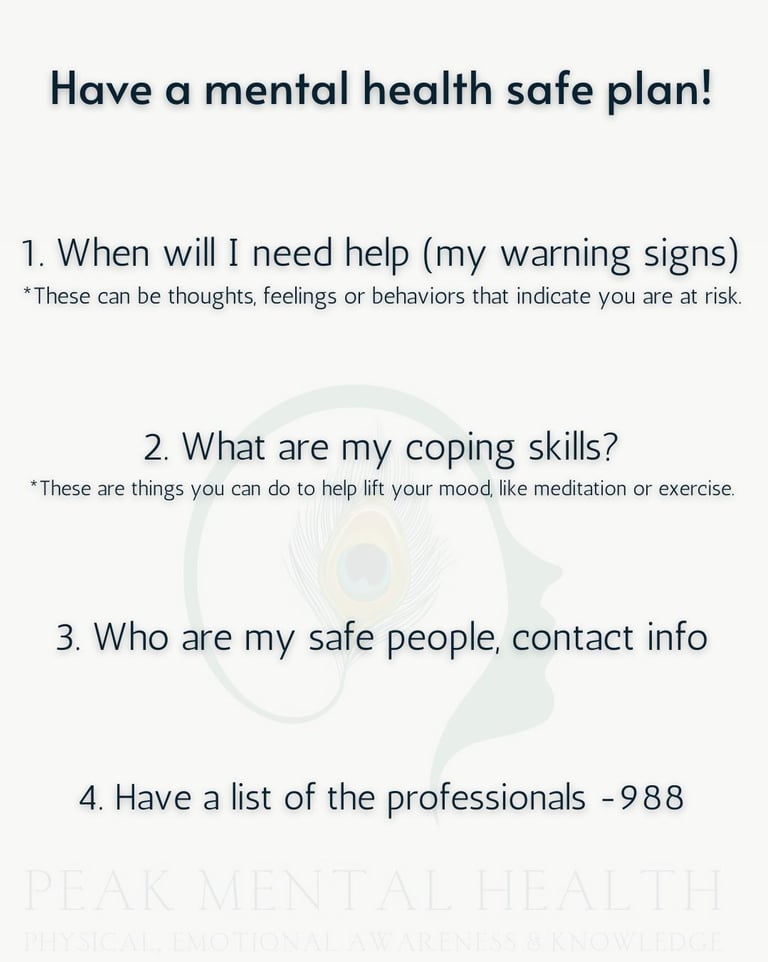



What are some mental health crisis warning signs?
Rapid mood swings: Extreme and quick changes in emotions.
Social withdrawal: Avoiding social interactions and activities.
Sleep changes: Significant increase or decrease in sleep.
Behavioral changes: Uncharacteristic actions or reactions.
Threats: Statements about self-harm or harming others.
Agitation: Severe anxiety or irritability.
Loss of reality: Experiencing delusions or hallucinations.
Hopelessness: Feelings of being overwhelmed or hopeless.
Substance abuse: Increased use of alcohol or drugs.
Physical symptoms: Changes in eating patterns or unexplained physical issues.
